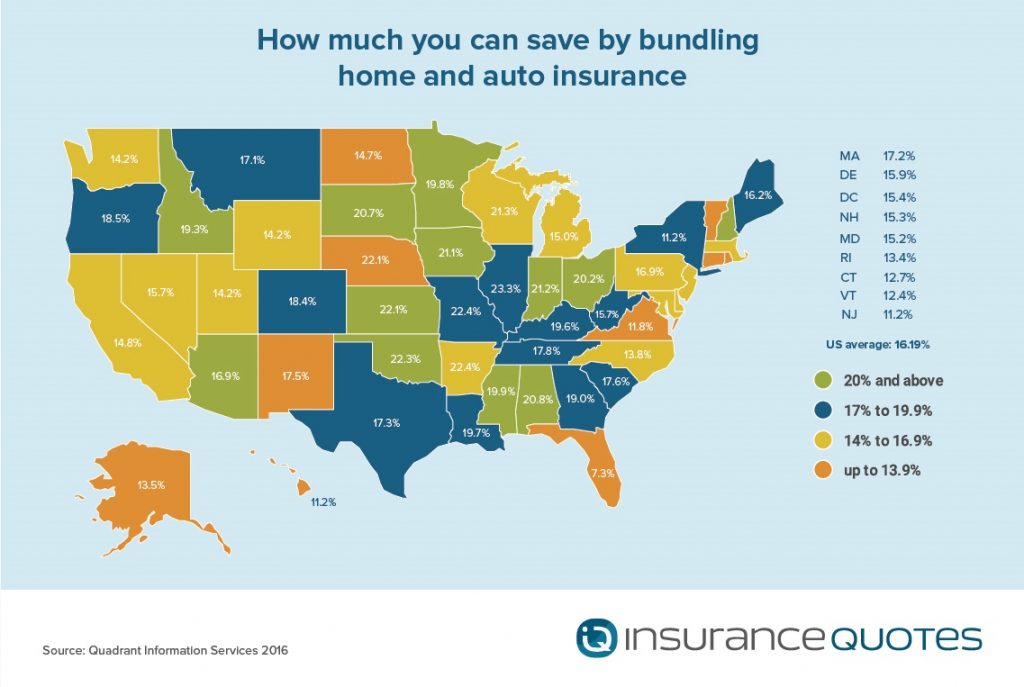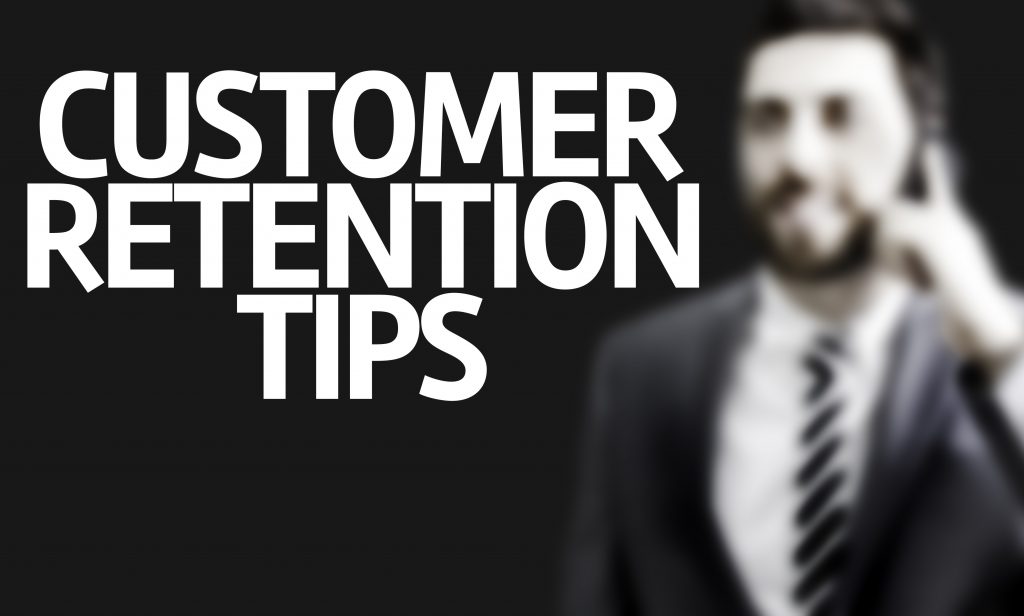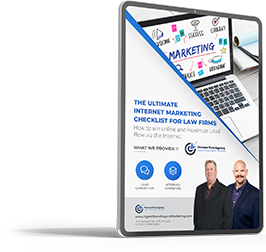Is your marketing strategy helping you grow your business—or putting your reputation at risk? For insurance agents, compliance in marketing is more than a legal obligation; it’s the foundation of trust and credibility with clients. A single misstep can lead to fines, lawsuits, or even the loss of your license. But compliance doesn’t have to feel like a burden. By following these essential do’s and don’ts, you can confidently market your services while staying within the rules.
Key Takeaways from “Compliance Do’s and Don’ts for Insurance Agent Marketing”
- Compliance is Essential for Building Trust:
- Staying compliant not only protects you from legal consequences but also establishes your credibility and professionalism with clients.
- Transparency is Non-Negotiable:
- Always disclose your credentials, affiliations, and any compensation arrangements to ensure clarity and honesty in your marketing efforts.
- Honesty in Advertising is Mandatory:
- Avoid exaggerated or misleading claims. Focus on clear, factual messaging that aligns with the realities of the products or services you offer.
- Data Privacy is a Legal Obligation:
- Handle customer information responsibly by complying with data protection laws like the Gramm-Leach-Bliley Act (GLBA) and using secure systems.
- Respect Consumer Preferences:
- Follow do-not-call regulations and obtain explicit consent before making calls or sending communications to potential clients.
- Use Approved Marketing Tools and Materials:
- Stick to carrier-approved templates and compliant platforms to avoid the risks associated with creating or using unverified content.
- Document Everything:
- Keep thorough records of your marketing campaigns, communications, and client interactions to demonstrate compliance during audits.
- Social Media Requires Caution:
- Always include proper disclaimers and avoid posting misleading or unprofessional content to maintain a compliant online presence.
- Compliance Tools and Expertise Can Help:
- Utilize software, educational resources, and professional support, like Agent Branding & Marketing (ABM), to stay compliant while growing your business.
- Plan for Success:
- Regularly audit your marketing practices, update your strategy to reflect new regulations, and prioritize compliance as part of your overall growth plan.
Why Compliance Matters in Insurance Marketing
Insurance marketing is one of the most highly regulated industries, and for good reason. Clients rely on you to help protect their financial futures, making transparency and honesty non-negotiable.
Regulatory bodies like State Departments of Insurance, the Federal Trade Commission (FTC), and the National Association of Insurance Commissioners (NAIC) oversee marketing practices to protect consumers. Violations can lead to severe penalties, including fines and suspension of your license.
But compliance isn’t just about avoiding consequences. It’s about building a reputation for professionalism and reliability—qualities that keep clients coming back.
Key Compliance Requirements
Stay Licensed and Transparent
Make sure your license is always current in every state where you operate. Include your credentials and affiliations in all marketing materials. Even small oversights, like omitting a required disclosure, can lead to big problems.
Be Honest in Your Advertising
What you promise in your marketing must align with reality. Avoid exaggerated claims, such as “guaranteed returns” or “lowest rates in the market.” Stick to clear, factual statements that reflect your services accurately.
Protect Customer Data
Safeguarding personal data is a legal obligation under laws like the Gramm-Leach-Bliley Act (GLBA). Be transparent about how you collect and use customer information. Use secure systems to store data, and only collect what’s absolutely necessary.
Follow Do-Not-Call Regulations
Respecting consumer preferences is key to compliance. Before reaching out to prospects, check the National Do Not Call Registry and obtain explicit consent where required. Unsolicited calls without consent can lead to hefty fines.
Marketing Do’s
Educate Your Clients
The best marketing is also educational. Help clients understand their options by using clear language and carrier-approved materials. Providing accurate information builds trust and strengthens your reputation as a reliable advisor.
Use Approved Marketing Tools
Rely on templates and tools that have already been reviewed and approved by carriers or compliance teams. For digital platforms, such as email and social media, ensure your content meets all legal and ethical guidelines.
Keep Detailed Records
Maintain thorough documentation of your marketing campaigns. Include records of communications, email lists, and advertisements. In case of an audit, these records will demonstrate that you’ve taken compliance seriously.
Include Disclosures
Transparency isn’t optional. Clearly outline terms and conditions in your materials, and disclose any affiliations or compensation where required. Clients appreciate honesty, and regulators demand it.
Marketing Don’ts
Don’t Make Unrealistic Promises
Avoid statements that could be misleading, like guaranteeing specific outcomes. For instance, claiming a life insurance product will “double your investment in 10 years” is both misleading and illegal. Focus instead on highlighting the real value of your offerings.
Don’t Use Unapproved Content
It can be tempting to create your own materials, but unapproved content risks non-compliance. Always use materials that have been vetted by carriers or compliance experts.
Avoid Cold Calling Without Consent
While cold calling can be an effective strategy, it’s risky without proper permissions. Make sure you’re working with updated contact lists and honoring the Do Not Call Registry.
Don’t Ignore Social Media Regulations
Social media can amplify your message, but it can also amplify your mistakes. Avoid sharing misleading information or forgetting to include required disclaimers. A compliant social media presence should be professional, accurate, and transparent.
Learning from Examples
Success Story
One agent focused on compliance by using only carrier-approved materials and ensuring every campaign included proper disclosures. Over time, they built a loyal client base because clients felt confident in their integrity and professionalism.
What Happens When You Don’t Comply
Another agent ignored the rules and made exaggerated claims in their ads, leading to a regulatory investigation. They faced steep fines and lost clients who felt misled. The lesson? Compliance isn’t just about avoiding penalties—it’s essential for maintaining trust.
Tools and Resources for Compliance
Compliance Software
Platforms like AgencyBloc or Salesforce can help you automate compliance checks and manage client data securely.
Educational Opportunities
Stay informed with webinars, training sessions, and newsletters. These resources can keep you up to date on ever-changing regulations.
Professional Support
Agent Branding & Marketing (ABM) specializes in creating marketing strategies that align with compliance regulations while driving growth. With ABM’s help, you can focus on serving clients without worrying about compliance missteps.
Steps to Build a Compliant Marketing Strategy
- Audit Your Current Practices
- Identify compliance gaps in your existing campaigns and address them immediately.
- Develop a Clear Strategy
- Create a plan that aligns with regulatory requirements while reflecting your brand’s values.
- Stay Up-to-Date
- Regulations change frequently. Regularly review your strategy to ensure it remains compliant.
How ABM Can Help You Succeed
Compliance doesn’t have to be overwhelming. Agent Branding & Marketing (ABM) offers tailored solutions to help you navigate the complexities of insurance marketing. From compliance audits to crafting compliant campaigns, ABM ensures your marketing is ethical, effective, and impactful.
Ready to simplify compliance and supercharge your marketing? Schedule a free strategy session with Agent Branding & Marketing today. Our experts will help you create a compliant marketing plan that builds trust and drives results.
Frequently Asked Questions: Compliance Do’s and Don’ts for Insurance Agent Marketing
Why is compliance important in insurance marketing?
Compliance ensures your marketing aligns with legal and ethical standards, protecting you from fines, lawsuits, and reputational damage. It also builds trust with clients, showing them you’re a reliable and professional agent.
What are some common compliance mistakes insurance agents make?
Common mistakes include:
Mishandling customer data.
Making exaggerated or misleading claims.
Using unapproved marketing materials.
Failing to disclose affiliations or compensation.
Ignoring do-not-call regulations.
How can I make sure my advertising is compliant?
Follow these tips:
Regularly review and update your marketing materials to reflect current regulations.
Use carrier-approved templates and marketing tools.
Be truthful and transparent in all claims and messaging.
Include clear disclosures about terms, conditions, and affiliations.
Are there specific laws I need to follow regarding customer data?
Yes, laws like the Gramm-Leach-Bliley Act (GLBA) govern how customer data must be handled. Always collect only necessary information, store it securely, and be transparent about how you use it.
What are the penalties for non-compliance?
Penalties can range from fines and legal action to suspension or revocation of your license. Non-compliance can also damage your reputation, resulting in lost business.
Can I create my own marketing materials?
You can, but they must be reviewed and approved by your carrier or a compliance expert before use. Using unapproved materials increases the risk of violating regulations.
What do I need to know about do-not-call regulations?
Before contacting potential clients, check the National Do Not Call Registry. You must obtain explicit consent to make calls to individuals on the list. Violating these rules can lead to significant fines.
How can I ensure my social media posts are compliant?
Avoid making unverified claims.
Include necessary disclaimers.
Keep content professional and accurate.
Stay informed about social media guidelines specific to the insurance industry.
Are there tools or resources to help with compliance?
Yes, tools like AgencyBloc or Salesforce can automate compliance checks and manage customer data securely. Additionally, partnering with experts like Agent Branding & Marketing (ABM) ensures your campaigns are both effective and compliant.
What should I do if I’m unsure about my marketing practices?
Schedule a compliance audit or consultation with professionals like ABM. They can identify potential issues and guide you in creating a compliant marketing strategy tailored to your business.
This article is a collaboration between Carl Willis and OpenAI’s ChatGPT. Created on November 19, 2024, it combines AI-generated draft material with Willis’ expert revision and oversight, ensuring accuracy and relevance while addressing any AI limitations.






